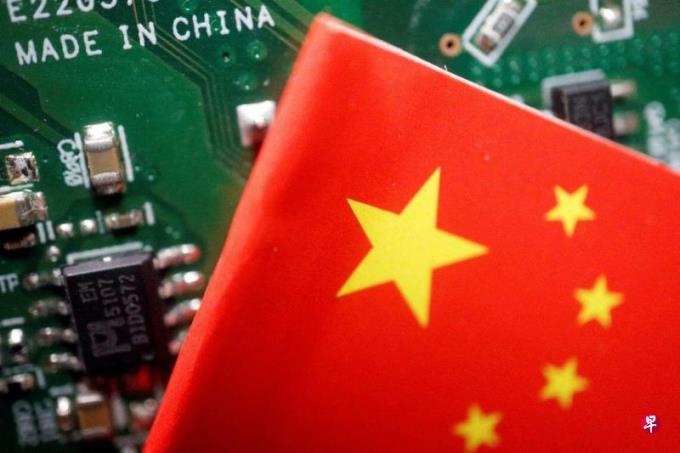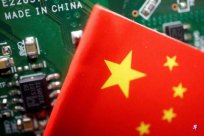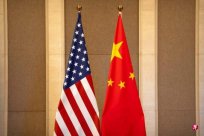
The US Department of Commerce on Friday (September 22)The final execution rules of the US chip law to ensure that Washington provides subsidies provided by the US semiconductor industry and manufacturing industry, and will not benefit China and other countries that are threatened by Guoan by the United States.
Comprehensive Reuters and Bloomberg reported that US President Biden signed a US chip law last year, announcing that it will provide a total of 52.7 billion US dollars (about 71.9 billion yuan about S $ 71.9 billion in production, research and development and talent training in the US semiconductor chip industry.) Fund subsidies to strengthen the ability of the United States to compete with China in the field of high -tech, while reducing the United States' dependence on foreign countries in the field of advanced semiconductors.
The US Department of Commerce has accepted the subsidy application since June this year. As of August 9th, a total of 490 American companies have applied for, but the final details of how to implement the bill have not been drawn.Clear the final obstacle.
The new rules are prohibited from the significant expansion of subsidized companies in China and Russia in the next 10 years.The new rules are also prohibited from being engaged in joint research or technology transfer by subsidized enterprises and related entities, but allowing international standardization, patent license or foundry packaging services.
The new rules are also prohibited from subsidized enterprises to substantially expand the cutting -edge and advanced semiconductor manufacturing capabilities of the concerns of the concerns in the next 10 years.The new rules are also clear that wafer production also applies this ban.
For the "substance", the definition given by the new rules is that as long as it involves an increase of more than 5%, it is the substantial expansion of semiconductor production capacity.
The new rules also stipulate that in order to expand the clean room or production line space for the expansion of the national semiconductor enterprise and help these companies increase the capacity of more than 10%, it will also be considered a violation of the ban.
The new rules also classify certain semiconductor chips into a list of vital national security, and implement stricter control, including contemporary and mature node chips used in quantum computing in radiation -dense environmentsAnd chips for other professional military capabilities.
If the subsidy company violates the above provisions, the US Department of Commerce has the power to recover the wholesale subsidy.
U.S. Minister of Commerce Raymond in a statement says: "Fundamental speaking, the US chip law is a national security initiative. These guardrails will help companies that accept US government funds.It will destroy our national security, because we will continue to coordinate with allies and partners, strengthen the global supply chain, and enhance our collective security. "




